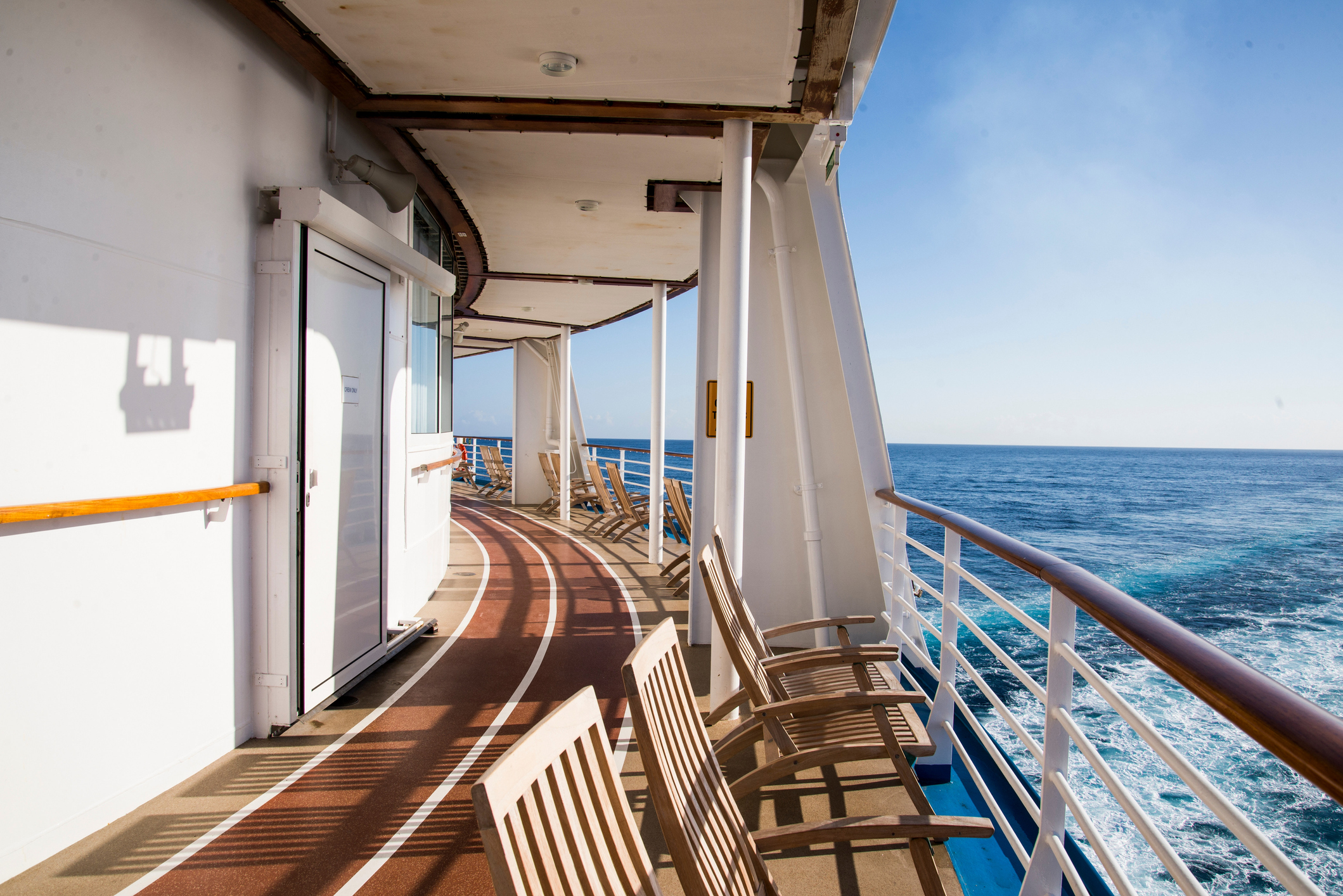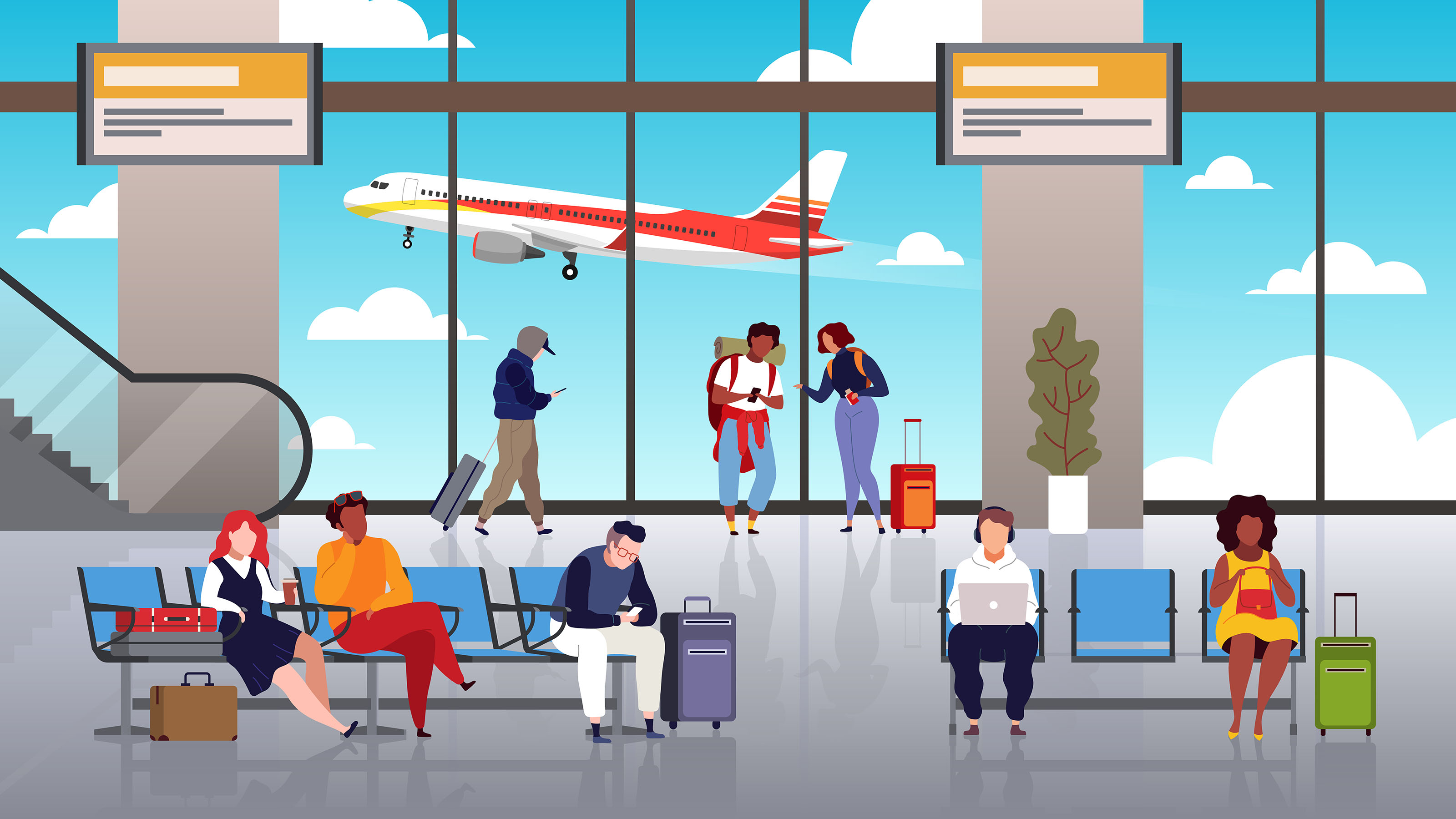Traveling? Better Budget for Taxes
You’ll pay plenty for hotels, rental cars and restaurant meals.

Profit and prosper with the best of Kiplinger's advice on investing, taxes, retirement, personal finance and much more. Delivered daily. Enter your email in the box and click Sign Me Up.
You are now subscribed
Your newsletter sign-up was successful
Want to add more newsletters?

Delivered daily
Kiplinger Today
Profit and prosper with the best of Kiplinger's advice on investing, taxes, retirement, personal finance and much more delivered daily. Smart money moves start here.

Sent five days a week
Kiplinger A Step Ahead
Get practical help to make better financial decisions in your everyday life, from spending to savings on top deals.

Delivered daily
Kiplinger Closing Bell
Get today's biggest financial and investing headlines delivered to your inbox every day the U.S. stock market is open.

Sent twice a week
Kiplinger Adviser Intel
Financial pros across the country share best practices and fresh tactics to preserve and grow your wealth.

Delivered weekly
Kiplinger Tax Tips
Trim your federal and state tax bills with practical tax-planning and tax-cutting strategies.

Sent twice a week
Kiplinger Retirement Tips
Your twice-a-week guide to planning and enjoying a financially secure and richly rewarding retirement

Sent bimonthly.
Kiplinger Adviser Angle
Insights for advisers, wealth managers and other financial professionals.

Sent twice a week
Kiplinger Investing Weekly
Your twice-a-week roundup of promising stocks, funds, companies and industries you should consider, ones you should avoid, and why.

Sent weekly for six weeks
Kiplinger Invest for Retirement
Your step-by-step six-part series on how to invest for retirement, from devising a successful strategy to exactly which investments to choose.
For summer vacation, you’ve probably included the cost of a room in a hotel or resort, a rental car, some nice dinners, and a few souvenirs in the budget. But if you fail to include taxes, you could end up with a bad case of traveler’s remorse.
This year, taxes on hotels, rental cars and restaurant meals are expected to cost travelers nearly $30 per day, on average, roughly the same as last year. But that’s up from $29.17 in 2012 and about $28 in 2011, according to the Global Business Travel Association’s annual survey of top U.S. destination cities. “For a family of four that might have budgeted $1,000 for their trip, they could end up $100 or $200 over budget,” says Joseph Bates, vice-president of research for the GBTA.
The city with the highest total tax burden, which includes general sales taxes as well as travel-related taxes, is Chicago, where travelers pay an average of $41.04 in taxes per day. Second on the list is New York City, at $38.65 per day. Fort Lauderdale has the lowest tax burden, at $22.61 per day.
From just $107.88 $24.99 for Kiplinger Personal Finance
Become a smarter, better informed investor. Subscribe from just $107.88 $24.99, plus get up to 4 Special Issues

Sign up for Kiplinger’s Free Newsletters
Profit and prosper with the best of expert advice on investing, taxes, retirement, personal finance and more - straight to your e-mail.
Profit and prosper with the best of expert advice - straight to your e-mail.
Travel-related tax increases enacted in 2013 include a 2% “transient occupancy tax” tacked on to existing tax rates for hotels in northern Virginia (which are popular with visitors to nearby Washington, D.C.) and an increase in Minnesota’s rental-car tax from 6.2% to 9.2%.
Taxes on travel-related services have been on the rise since the 1990s, when protests against increases in property taxes led states, counties and other jurisdictions to search for alternative sources of revenue. Taxes on hotels, rental cars and restaurant meals were viewed as a way to raise money without increasing the tax burden on residents. But the GBTA argues that residents feel the pinch, too, because locals also eat in restaurants, stay in hotels for special occasions and rent cars when their own vehicles are in the shop.
Meeting planners increasingly factor in the cost of taxes when deciding where to hold conferences. “When you’re talking about 1,000 people, those numbers add up,” Bates says.
For leisure travelers, though, figuring out the amount of taxes in a specific destination can be difficult, says Carol Kokinis-Graves, senior state tax analyst for tax publisher CCH. State sales tax rates are readily available (see our State by State Guide to Taxes), and most large cities provide information about taxes and fees on their Web sites. But many smaller cities and jurisdictions that impose their own taxes may not even have a Web presence, says Kokinis-Graves.
Still, you can avoid some sticker shock by planning ahead. Web sites such as Orbitz and Expedia don’t include taxes and fees in their initial quotes for hotel rooms, but once you select a specific rate and provide the dates of your planned visit, you’ll get the total cost. You don’t need to provide your personal information or credit card number to get this figure. Web sites for some rental-car companies and travel discounters will give you the total rental cost upfront; with others, you must select the car you want to reserve to get that information.
Renting a car at an off-airport location could also save you the airport concession fee—typically 11% to 13% of your total rate. Just be sure to factor in the cost of cab fare. Some cities tax that, too.
Profit and prosper with the best of Kiplinger's advice on investing, taxes, retirement, personal finance and much more. Delivered daily. Enter your email in the box and click Sign Me Up.

Block joined Kiplinger in June 2012 from USA Today, where she was a reporter and personal finance columnist for more than 15 years. Prior to that, she worked for the Akron Beacon-Journal and Dow Jones Newswires. In 1993, she was a Knight-Bagehot fellow in economics and business journalism at the Columbia University Graduate School of Journalism. She has a BA in communications from Bethany College in Bethany, W.Va.
-
 Dow Adds 1,206 Points to Top 50,000: Stock Market Today
Dow Adds 1,206 Points to Top 50,000: Stock Market TodayThe S&P 500 and Nasdaq also had strong finishes to a volatile week, with beaten-down tech stocks outperforming.
-
 Ask the Tax Editor: Federal Income Tax Deductions
Ask the Tax Editor: Federal Income Tax DeductionsAsk the Editor In this week's Ask the Editor Q&A, Joy Taylor answers questions on federal income tax deductions
-
 States With No-Fault Car Insurance Laws (and How No-Fault Car Insurance Works)
States With No-Fault Car Insurance Laws (and How No-Fault Car Insurance Works)A breakdown of the confusing rules around no-fault car insurance in every state where it exists.
-
 Cruise Lines Sue to Block Hawaii’s New Climate Tourism Tax
Cruise Lines Sue to Block Hawaii’s New Climate Tourism TaxState Tax Your vacation to the Aloha State could come at a higher price tag next year. Here’s why.
-
 Hawaii Approves First-of-its-Kind 'Green Fee' for Tourists: What to Know
Hawaii Approves First-of-its-Kind 'Green Fee' for Tourists: What to KnowState Tax Your trip to the Aloha State could be a bit more expensive next year. Here's why
-
 NYC Congestion Pricing: 'Ghost Tax' or Necessary Fee?
NYC Congestion Pricing: 'Ghost Tax' or Necessary Fee?State Tax Despite legal hurdles, drivers headed to Manhattan’s downtown district face a new toll as of January 5th.
-
 Frequent Flyer Tax Could Raise Billions for Climate
Frequent Flyer Tax Could Raise Billions for ClimateCould taxing frequent flyers help combat global pollution? Some climate scientists say yes.
-
 Skip the Sales Tax
Skip the Sales Taxtaxes Save money back-to-school shopping in 17 states with sales tax holidays this summer.
-
 What to Do If Someone Files a Tax Return in Your Name
What to Do If Someone Files a Tax Return in Your NameScams Take these steps if you think you're a victim of tax fraud.
-
2014 Sales Tax Holidays for Back-to-School Shopping
Tax Breaks You can shop tax-free for clothing, computers, school supplies and more on certain days in these 16 states.
-
How I Dodged a Phony IRS Tax Scam
Scams Here's what I did to avoid becoming a victim when someone called and tried to rip me off.